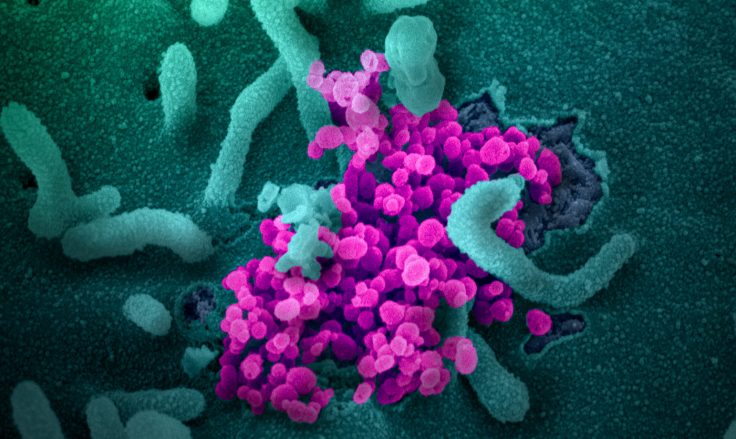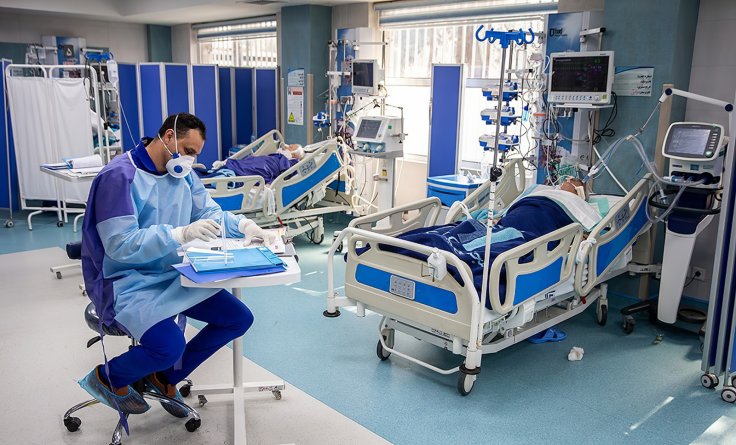There have been fears after evidence of patients testing positive for the novel coronavirus even though they recovered from COVID-19 in South Korea. It seems like a relief after newer evidence has shown, such people aren't capable of transmitting the infection to others, while they could also have antibodies preventing them from falling sick.
Korean Center for Disease Control and Prevention scientists studied almost 285 coronavirus survivors who tested positive for the SARS-CoV-2 virus after they recovered from COVID-19 illness that gave a negative test result before.
These re-positive patients were not found to spread the infection further. The virus samples collected from were tried to be grown in culture but the researchers did not see the coronavirus grow. This indicated that such re-positive patients shed only a non-infectious or dead virus, reported Bloomberg.
No-Risk From Re-Positive Patients

These findings were reported on Monday came as a positive sign for the regions trying to ease their restrictions as coronavirus recoveries increase. This evidence from South Korea also suggested that recovered COVID-19 patients pose no risk in spreading coronavirus as social distancing measures are relaxed.
South Korea authorities will no longer consider people as infectious once they recover from coronavirus. Last month, research showed that the existing PCR tests for the novel coronavirus's nucleic acid cannot distinguish dead and viable virus particles, this would give a false impression that if someone tests positive, they would remain infectious. Another study in Singapore showed that those recovered from severe acute respiratory syndrome (SARS), had a good number of neutralizing antibodies, almost 9 to 17 years after the initial infection.
Revised Korean Protocols

After these new findings, South Korea authorities revised their protocols, which said that people who recovered from coronavirus and completed their isolation period need not test negative before returning to their activities.
"Under the new protocols, no additional tests are required for cases that have been discharged from isolation," said the Korean CDC in a report. There "re-positive" cases would be referred to as "PCR re-detected after discharge from isolation."









